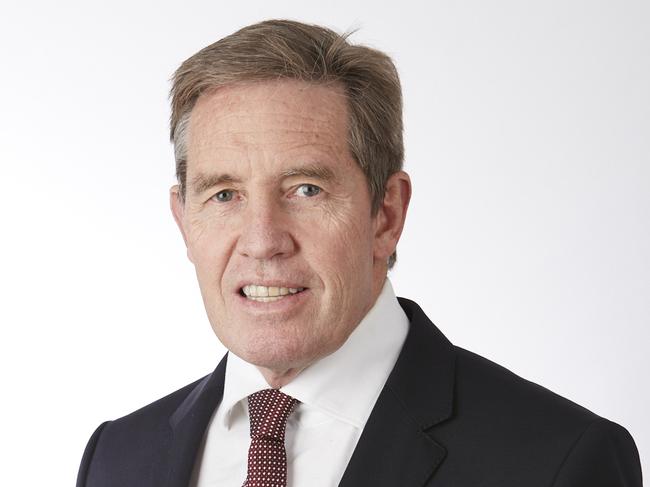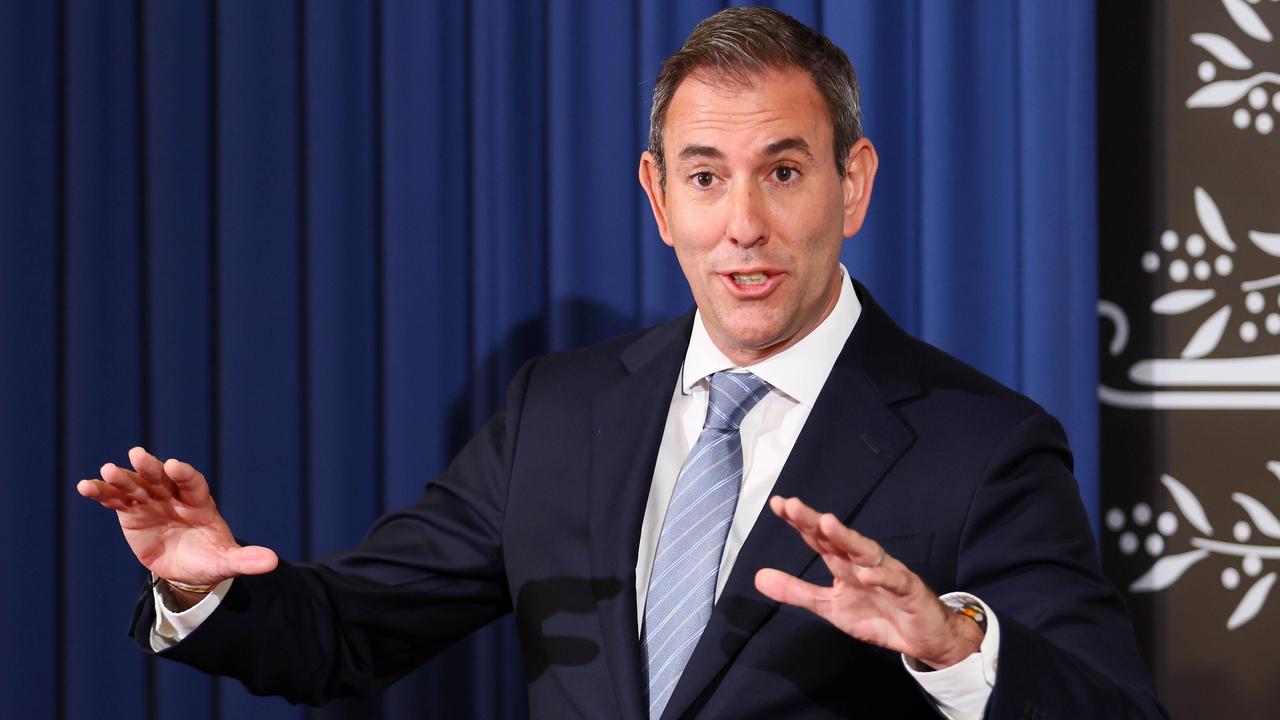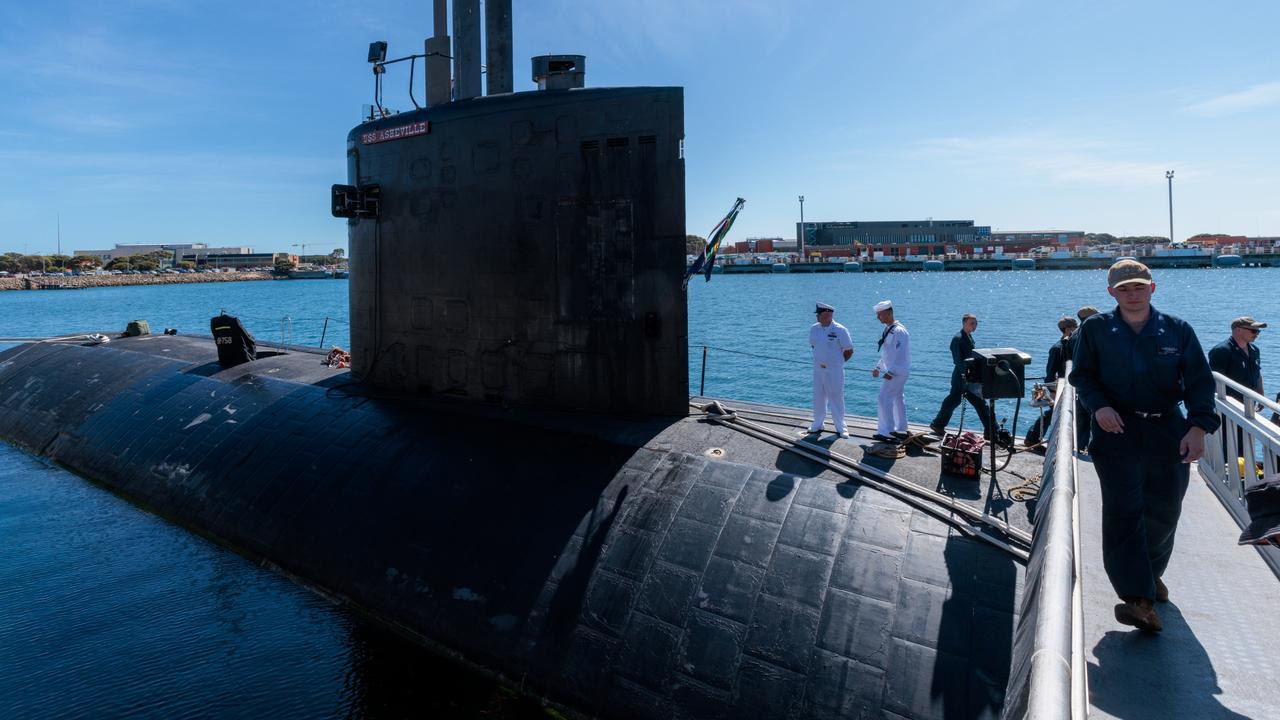Federal Budget 2022: Shared parental leave boosted to 20 weeks
Parents will be able to share up to 20 weeks of paid parental leave, but one academic claims it’s a backwards step for women. This is why.
Federal Budget
Don't miss out on the headlines from Federal Budget. Followed categories will be added to My News.
New dads will be able to share up to 20 weeks of paid parental leave with their partner instead of the existing two weeks.
Under the enhanced scheme, parents can decide how they carve up the leave, to give families flexibility in juggling work commitments with caring for their newborn.
With more women in the workforce with greater earning power, the government is also raising the paid parental leave income test to a household income threshold of $350,000 per year.
This change will particularly support women who are the primary earners and do not have access to employer-funded parental leave.
And single parents will now be eligible to claim the full 20-week parental leave benefit.
While the move has been welcomed by some, others say it’s not enough, while one academic says it will actually make women worse off.

Treasurer Josh Frydenberg told News Corp there were two “big changes” which would particularly benefit women.
“The first is women who earn above the $151,000 threshold will no longer be excluded from Commonwealth paid parental leave,” he said.
“And the second is the much greater flexibility for families to choose how they share the leave.”
He said 180,000 new parents who access paid parental leave each year will benefit from these changes.
“This budget, with more than $2 billion of measures to improve the safety, health and economic security of women is part of our plan for a stronger future,” he said.
Campaigners for shared parental leave said the changes will help fathers bond with their babies and get women back to work quicker.
However, Dr Leonora Risse from RMIT University said it was “a step backwards for gender equality”.
“International research clearly shows that removing the leave allowance earmarked for fathers results in mothers taking more leave, with little response from fathers,” she said.
“This policy change will have the effect of further entrenching traditional gender roles in Australian households.

“Extending the amount of use-it-or-lose-it paid parental leave for fathers would have been more effective in supporting more men to be a part of their children’s upbringing and more women to extend their workforce participation.”
Parenthood executive director Georgie Dent had been pushing for 26 weeks shared parental leave to eventually extend to 52 weeks. She said women in Australia remained constrained by the lack of ability to get back to work and the gender pay gap was growing.
UNICEF Australia CEO Tony Stuart disagreed. He said shared paid parental leave and making workplaces family friendly would create a lasting shift in the way working families participate in the economy.
“UNICEF Australia commends the Treasurer for backing initiatives that benefit working families and enable parents to have more balance and empowerment in the way they contribute to work and family responsibilities,” said Mr Stuart.

Thrive by Five Director Jay Weatherill said he was disappointed that the budget failed to make childcare more affordable, with out of pocket early learning costs up by nearly 10 per cent over the past two years.
“The budget is a missed opportunity to invest properly in high-quality early childhood education as a key driver for easing cost of living pressures and supporting women and children,” he said.
“The cost of childcare places pressure on household budgets, makes work unaffordable for too many parents – especially women – and leaves too many children without access to learning in the crucial early years.”
But the government said Australian families are being supported by record levels of funding, including $10.7bn on the Child Care Subsidy alone in 2022/23.
Parents in regional Australia will score more childcare places courtesy of a $19.4m funding boost.

Regionalisation, Regional Communications and Regional Education Minister Bridget McKenzie said a further open round of the Community Child Care Fund will be launched to support setting up to 20 new childcare services in regional and remote communities, “where access to quality childcare services is needed most”.
It comes on top of pre-budget announcements of an additional $40m in funding over the next four years for preschoolers.
Changes to the child subsidies for parents with two children or more in childcare were also brought forward from July to March.
However, Benjamin Balk, the founder and chief executive of the childcare comparison app KindiCare, said the rising cost of living and housing, plus an increase in childcare fees could wipe out the benefits of any subsidies boosts.
He said some families could face an increase in childcare fees of up to $3120 this year, before subsidies.
Originally published as Federal Budget 2022: Shared parental leave boosted to 20 weeks





